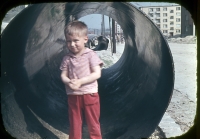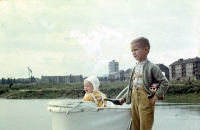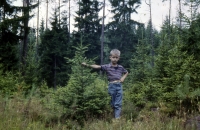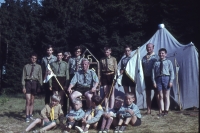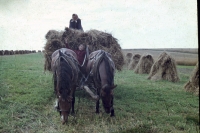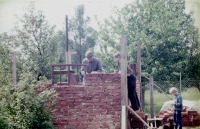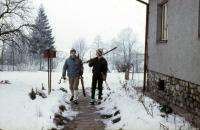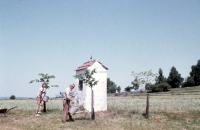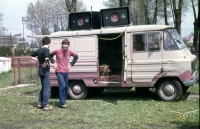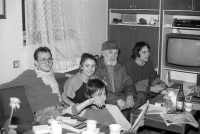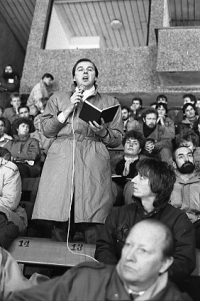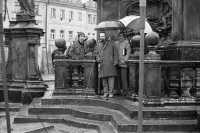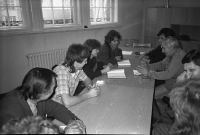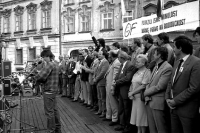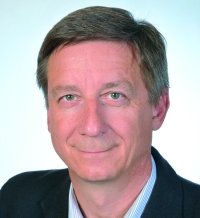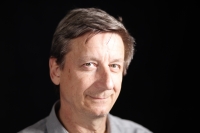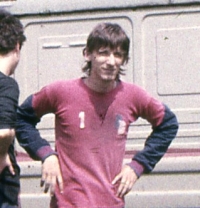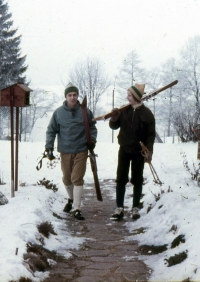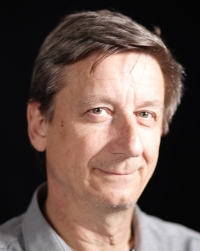We woke up to a horrified morning. No one was welcoming the troops, and my parents were crying

Stáhnout obrázek
Jiří Sova was born on 16 June 1960. From his mother‘s side of the family, he came from retailers from Černovice near Tábor. Both his parents worked at the faculties of pharmacy in Bratislava and later in Hradec Králové. In August 1968, he witnessed an accident of Soviet cars while trying to pass under a viaduct. Thanks to his father, who participated in the revival of Scouting, he attended two summer camps before the organization was banned again in 1970. The father was expelled from the Communist Party, and the witness had trouble getting into high school. In his youth, he played in several rock bands in Hradec Králové and was also a sound engineer for the band „Rotace“ and a music manager. He graduated from the Faculty of Pharmacy, was enlisted as a nurse in the military service, and remembers especially treating frostbite during winter exercises in Šumava. He worked at the national enterprise Medika in Vysoké Mýto, was one of the co-organizers of the strike after November 1989, and became an employee (manager) of the OF [Civic Forum] and then of the Civic Movement. He was involved in municipal politics for the Hradec Králové Democratic Club. In 2022 he lived in Hradec Králové.
